Top Class Actions’s website and social media posts use affiliate links. If you make a purchase using such links, we may receive a commission, but it will not result in any additional charges to you. Please review our Affiliate Link Disclosure for more information.
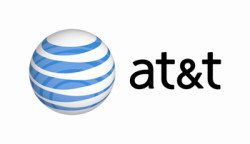
According to the FTC, AT&T fails to adequately disclose that when customers reach a certain amount of data use, the company will significantly reduce the data speed – in some cases by close to 90 percent – such that the customers will be unable to use many common smartphone features.
“AT&T promised its customers ‘unlimited’ data, and in many instances, it has failed to deliver on that promise,” FTC Chairwoman Edith Ramizez said. “The issue here is simple: ‘unlimited’ means unlimited.”
In 2007, AT&T became the only mobile data provider for the highly anticipated Apple iPhone. Initially, the company offered an “unlimited” data plan for all iPhone customers. After the release of the iPhone 3G in 2008, AT&T required all iPhone 3G customers to purchase the unlimited data plan. The company continued to require smartphone users to purchase the unlimited data plan until June 2010, when AT&T stopped offering the unlimited data plan to new smartphone customers. Instead, new smartphone customers were required to choose from one of AT&T’s “tiered” mobile data plans.
Despite the new tiered mobile data plan system, AT&T offered to grandfather existing customers’ unlimited data plans when they purchased new smartphones instead of forcing them to switch to one of the tiered plans.
“In response to this offer, millions of Defendant’s unlimited mobile data plan customers have elected to keep their unlimited mobile data plan rather than switch to a tiered mobile data plan or obtain service from another provider,” the FTC lawsuit reads.
In 2011, the FTC alleges AT&T began “throttling” the data for unlimited data plan subscribers once they exceeded a set limit of data during a billing cycle, substantially reducing the speed at which the customer’s smartphone would receive data during the remainder of the billing cycle. Initially, the limits varied across geographic markets, but in 2012, AT&T set a nationwide data usage threshold of 3 GB per billing cycle for devices using the 3G network and HSPA+ network, and 5 GB for devices using the LTE network.
Although AT&T issued an update for its unlimited data plan customers, the update indicated only that the data speeds would be reduced and did not clearly express the impact the reduced speed would have on customers’ ability to use their smartphones.
AT&T’s practice of throttling data sparked the ire of numerous consumers, who complained that “unlimited should mean unlimited” and that the practice affected their ability to stream music and videos, browse the web and use GPS navigation.
The FTC lawsuit alleges AT&T’s data throttling practice is unfair because the terms of unlimited data plans were changed while customers were still under contract and that the company deceptively failed to disclose important information about the mobile data throttling program.
AT&T customers who may be interested in pursuing an unlimited data throttling class action lawsuit may have to take a different route. In 2011, the U.S. Supreme Court upheld a company’s right to include clauses in their contracts that prohibit subscribers from filing class action lawsuits. Instead, AT&T customers can either participate in an AT&T-funded arbitration program or sue the company in small claims court.
Although consumers have been successful in pursuing these legal avenues, consumer advocates warn that clauses banning class action lawsuits are bad for consumers. Individual actions involving the same legal issues are inefficient and can lead to inconsistent rulings. Even when consumers allege very similar facts, their cases may have very different outcomes. Class action lawsuits offer one major benefit that individual actions do not: they can result in major corporate changes that benefit consumers across the nation.
In fact, a recent study by the Center for Justice & Democracy at New York Law School found that class action lawsuits are “among the most important tools we have in America” because they not only provide important remedies to consumers, but they also hold corporations accountable and deter future misconduct.
The AT&T Unlimited Data Throttling Lawsuit is Federal Trade Commission v. AT&T Mobility LLC, in the U.S. District Court for the Northern District of California.
ATTORNEY ADVERTISING
Top Class Actions is a Proud Member of the American Bar Association
LEGAL INFORMATION IS NOT LEGAL ADVICE
Top Class Actions Legal Statement
©2008 – 2024 Top Class Actions® LLC
Various Trademarks held by their respective owners
This website is not intended for viewing or usage by European Union citizens.



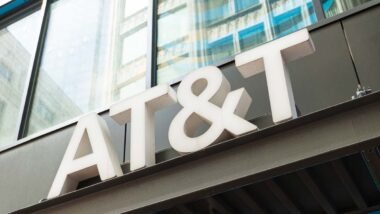
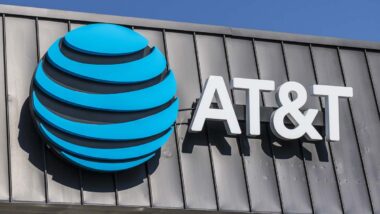
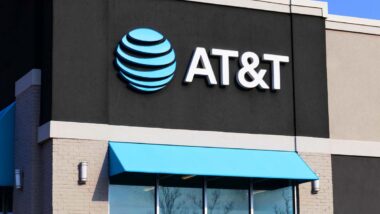

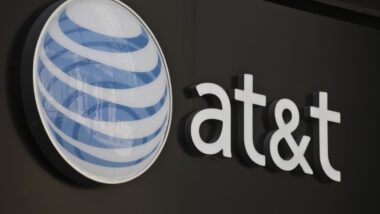


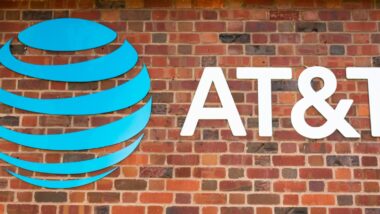
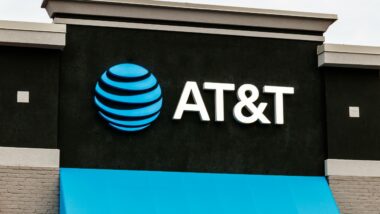



14 thoughts onFTC Sues AT&T for Throttling ‘Unlimited’ Data Plans
I had the same experience as others and speeds cut back to on average 0.05gbs. I called and spoke and chatted for hours with tech support thinking this was issue with software upgrade done on iPhone new software that was released that well I now see used up a lot of data. I will paying up to $600 a month to AT&T I finally got tired to three months ago and just dropped it because I can’t afford the data charges it says unlimited but it’s not unlimited
Are there any updates to this?!
Is it to late to join this suit?
AT&T ESTA COMETIENDO VIOLACION AL CONTRATO, LA COMPAÑIA ESTA CANCELANDO CUENTAS QUE NO TIENE CONTRATO. SEGUN EL REGLAMENTO QUE ELLOS REDACTARON DICE QUE LOS CLIENTES QUE YA NO TIENEN CONTRATO VAN A CANCELAR TIENE QUE NOTIFICAR 30 DIAZ ANTES. POR NO DECIR QUE ES POR LA QUEJA QUE PRECENTE POR LA REDUCCION DE VELOCIDAD.